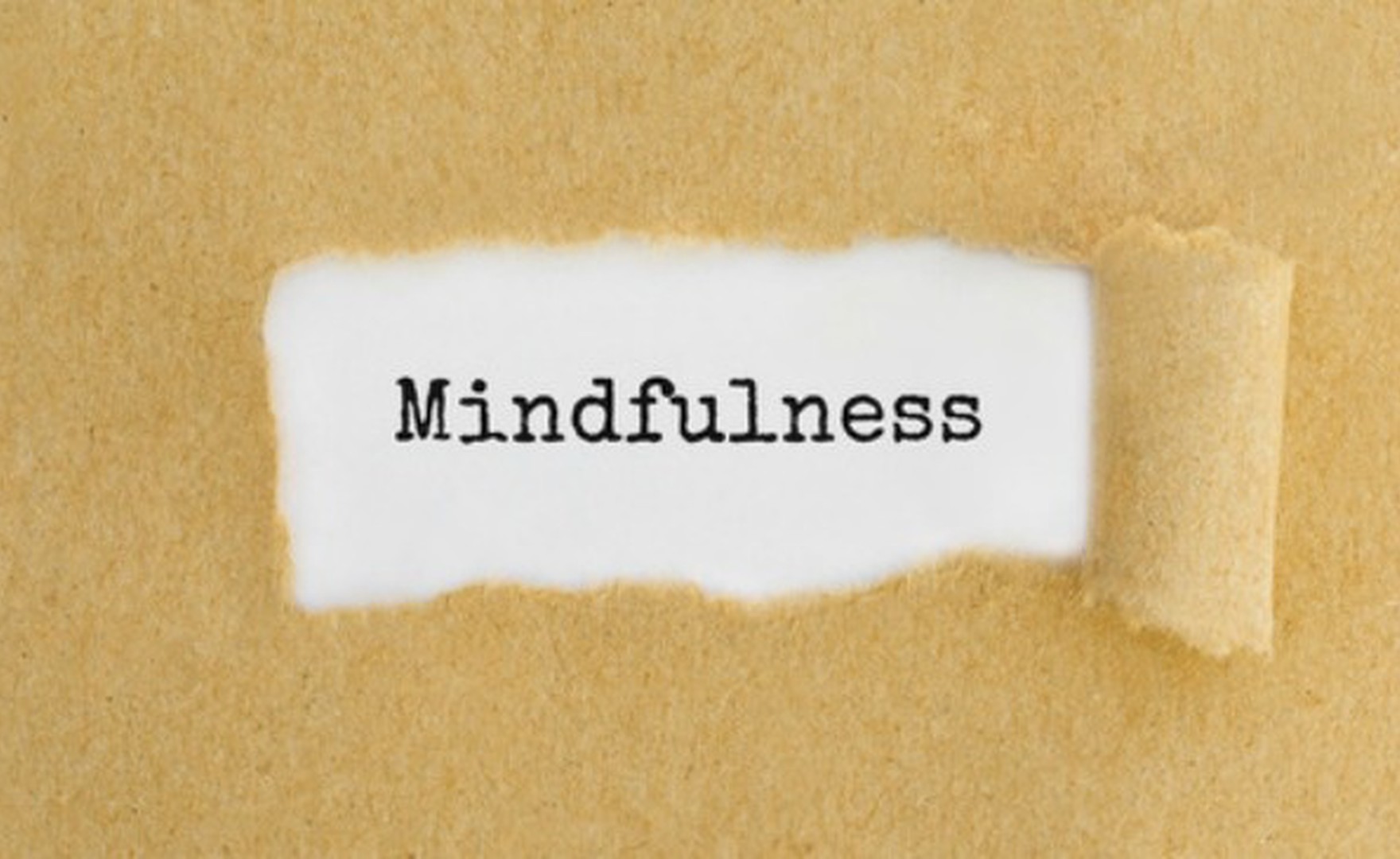Liz facilitates a successful Mindfulness for Coaches workshop for the AoEC. She also jointly organises the retreat-style International Mindfulness & Compassion at Work Summit for coaches & leaders.
Mindfulness as a Frontline Intervention for Certain Mental Health Conditions
21st March by Liz Hall
Reading time 2 minutes

Introducing mindfulness
Mindfulness is all the rage, and quite rightly so - the vast evidence base indicating a whole host of benefits is very compelling, and it’s a very welcome approach for these challenging times, offering an antidote to the 24/7 culture and to mounting pressures and overwhelm which are seeing mental health issues become increasingly widespread.
The National Institute for Health and Clinical Excellence (NICE) recommends mindfulness as a frontline intervention for certain mental health conditions. The UK Government’s Mindfulness All-Parliamentary Group (MAPPG) recommended rolling out mindfulness within the UK’s health, education, workplace and criminal justice systems, and a report from the Mindfulness Initiative, secretariat to MAPPG, highlighted numerous benefits of mindfulness training, sharing success stories of mindfulness interventions in organisations including EY and HSBC.
What about mindfulness in coaching?
Here too, it has much to offer. I would go as far as to say that coach training programmes - and leadership development programmes of excellence, should all have a component of mindfulness. And that most, if not all, coaches will benefit from having a mindfulness practice.
Part of the reason why coaches - and their clients - will benefit is around coach self-care. How many of us have rushed from one client meeting to another, scarcely arriving in time, only to be faced with a client who is immensely stressed, who may even be heading towards a breakdown? How can we be at our best in such situations, and how can our clients be receptive to coaching? As coaches, we’re not immune to the system in which our clients also operate. At worst, we’ll collude with clients, and be of little use, and may even crash and burn ourselves. We may experience compassion fatigue. We certainly won’t enjoy the coaching, and we won’t be at our best.
If we have a mindfulness practice, we’ll be at our most resourced, we’ll have strategies to draw on to help us keep fresh and nourished. We’ll be able to draw on mindfulness to help us become grounded before coaching sessions, within sessions to help us remain so or come back to our centre if we’re triggered, and to help us become centred afterwards.
If we’re more grounded, our clients will experience us as so, which will boost rapport and positively impact coaching outcomes. Taking time to pause and learning how to tune in can offer us greater access to information and wisdom from our bodies, from our feelings, from our thoughts. We’ll have more data to share with our coaching supervisors, hence boosting our learning, and we’ll have more to share and draw on with our clients. Practising mindfulness will help us be more curious, more open, and less judgemental. Even if we’re not explicit with clients about having a mindfulness practice, our clients are likely to benefit.
Mindfulness and Performance
In addition, mindfulness is ideally suited to working with clients on a range of topics and areas including emotional intelligence, resilience and wellbeing, and work/life balance. But also performance- it boosts cognitive agility, clarity, decision-making and so on. And it helps us, and our clients, get more in touch with what really matters to us and to better identify meaningful and aligned paths forward - isn’t that what coaching is really about?
Article
Revitalise your workplace – energy assessments and coaching combo
22nd April 2024 by Lee Robertson
Speed and productivity are key in today’s workplace, but could HR professionals make more use of tools such as energy…
Article
The Resilience Fundamentals: Excerpt from The Resilience Dynamic®
23rd January 2024 by Jenny Campbell
The fundamentals of resilience are not simplistic, but they are simple and deep. The Resilience Engine research shows three Top…
Article
Why personal resilience matters as a coach
17th December 2023 by Jenny Campbell
As an external or internal coach, does your personal resilience matter to your clients? Maybe you think it shouldn’t, especially…